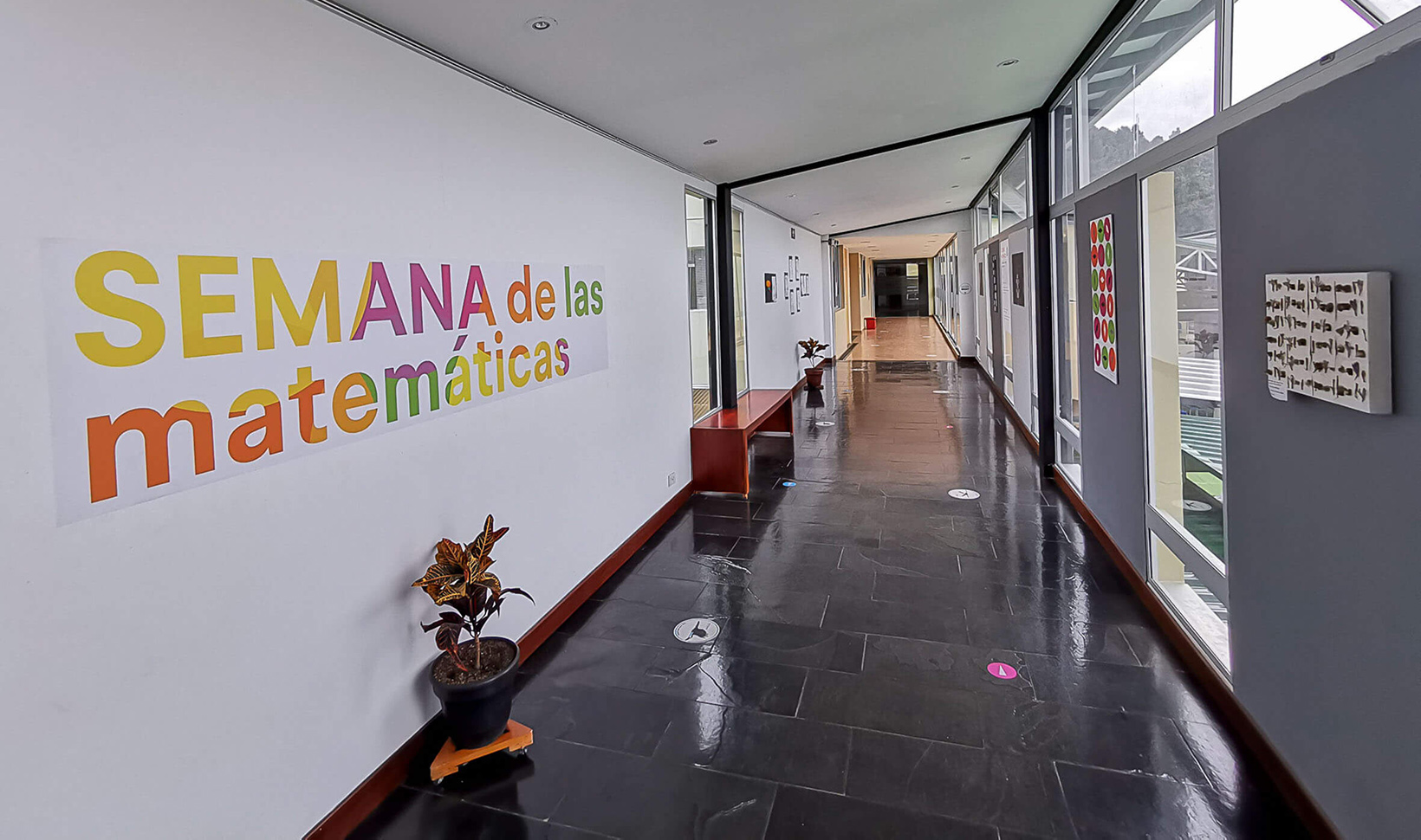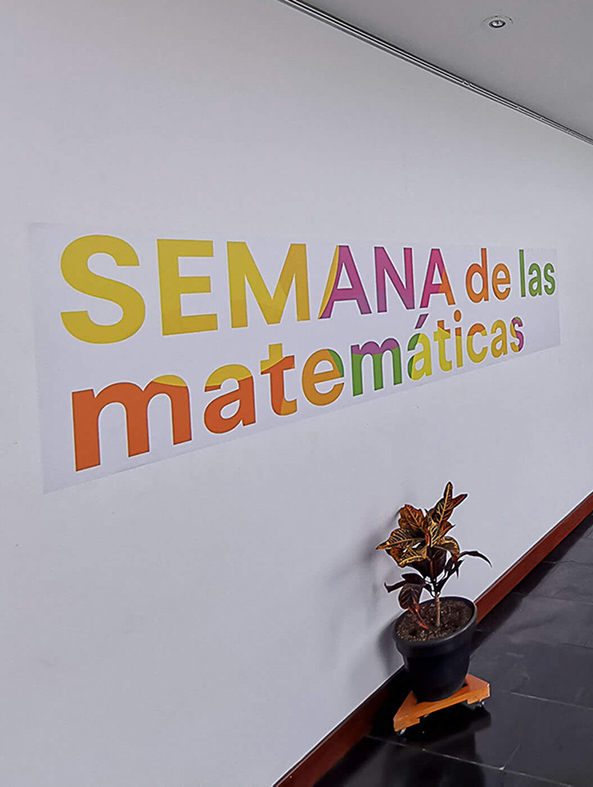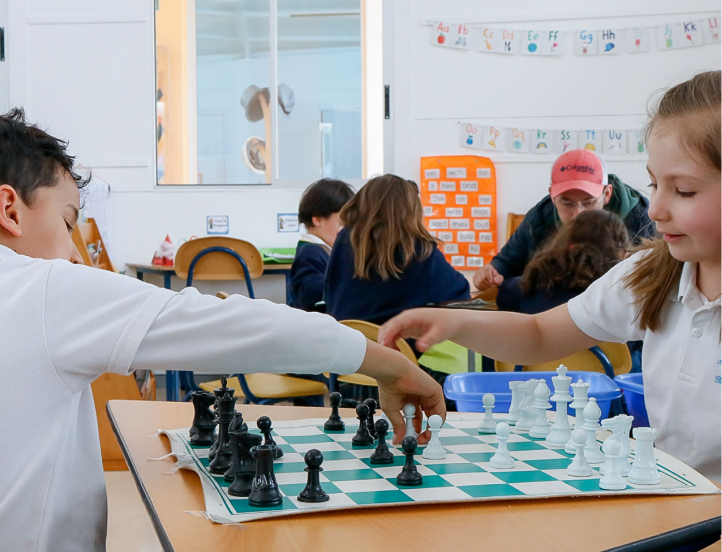

The Mathematical Brain
Through three conferences we explored the factors involved in the formation of the mathematical brain and how we can support the development of skills and connections, so that we can look at the world in innovative ways.
With talks by Dr. Roger Antonsen, Dr. Jonna Kangas, and Dr. Marie Amalric, we challenged the traditional idea that mathematical thinking is just knowing the rules of math and moving within them. Our guests showed us that the mathematical mind is creative and reflects a high level of expression and interpretation.
The success of each of the talks was exceptional and that is why we closed this series with a panel of the Mathematical Brain where all three panelists finally met and had the opportunity to dialogue around their thoughts about the brain and mathematics.

The Art-Mathematics challenge was an invitation from the speakers of the Mathematical Brain, IV version of the series Brain and Learning. A call for children and adults to explore mathematical topics through art.
Roger Antonsen, Ph.D.
What is mathematics, and why is the imagination an important part of mathematical thinking?
Associate Professor at the University of Oslo in Norway in the Department of Informatics.
Jonna Kangas, Ph.D.
Math, child´s play?
Doctor of Education with a PhD in Early Childhood Education from the University of Helsinki.
Marie Amalric, Ph.D.
How does the human brain learn mathematics?
Fellow in the postdoctoral program at Harvard University, in the Laboratory for Development Studies. Her research focuses on how the human brain learns, represents and manipulates abstract mathematical concepts.
Previous Editions



















